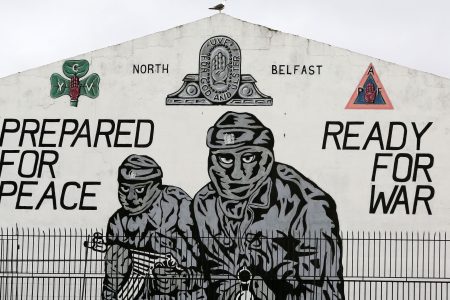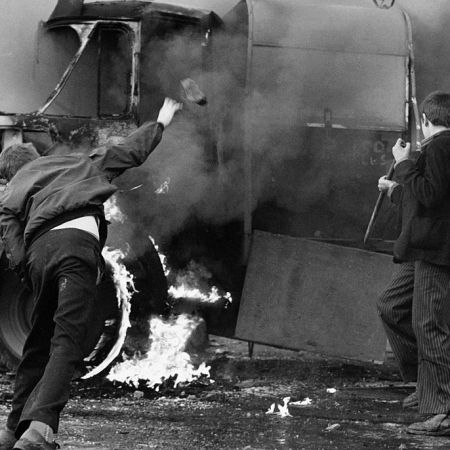On October 12, 1984, an IRA bomb targeted the Brighton hotel hosting the Conservative Party’s annual conference. The explosion led to the deaths of five people. In addition, then-Prime Minister Margaret Thatcher was in the building at the time of the attack. In the decades since, the bombing and its aftermath have been studied by writers and historians, leading to novels and works of nonfiction that have examined the events of that day.
In the latter camp is the newly-released book There Will Be Fire: Margaret Thatcher, the IRA, and Two Minutes That Changed History by journalist Rory Carroll. (No relation.) It’s been getting rave reviews, and the excerpt from the book recently published at CrimeReads gives a sense of why — Carroll has a way of turning decades-old history into gripping prose.
Take this passage, which both gives a tremendous sense of place and foreshadows the events to come: “Tourists strolled along the promenade, a favorite spot to devour ice cream, fudge and Brighton rock, a cylindrical stick of boiled sugar that resembled dynamite. Others sat in deck chairs facing France, invisible over the horizon.”
In a recent interview with the Los Angeles Times, Carroll spoke of wanting to take a multifaceted approach to the narrative. “I wanted the readers to enter these different worlds — even within the IRA there were these different subcultures, and likewise with the police and the Tories and the people around Thatcher — to see how they all experienced the Troubles,” he said.
Will Northern Ireland’s Hard-Earned Peace Be Shattered by Brexit?
Worries mounting on the anniversary of the Good Friday Agreement.In another conversation — this one with Publishers Weekly — Carroll also pointed out that the security measures taken for the conference did not anticipate this kind of attack. “[T]his was a more innocent era, in a way, because such a thing had never happened before,” he said. “Sometimes it’s difficult for human beings to anticipate something completely new.” It’s one of many reasons why revisiting the past can lead to a greater understanding of the present.
Thanks for reading InsideHook. Sign up for our daily newsletter and be in the know.


















